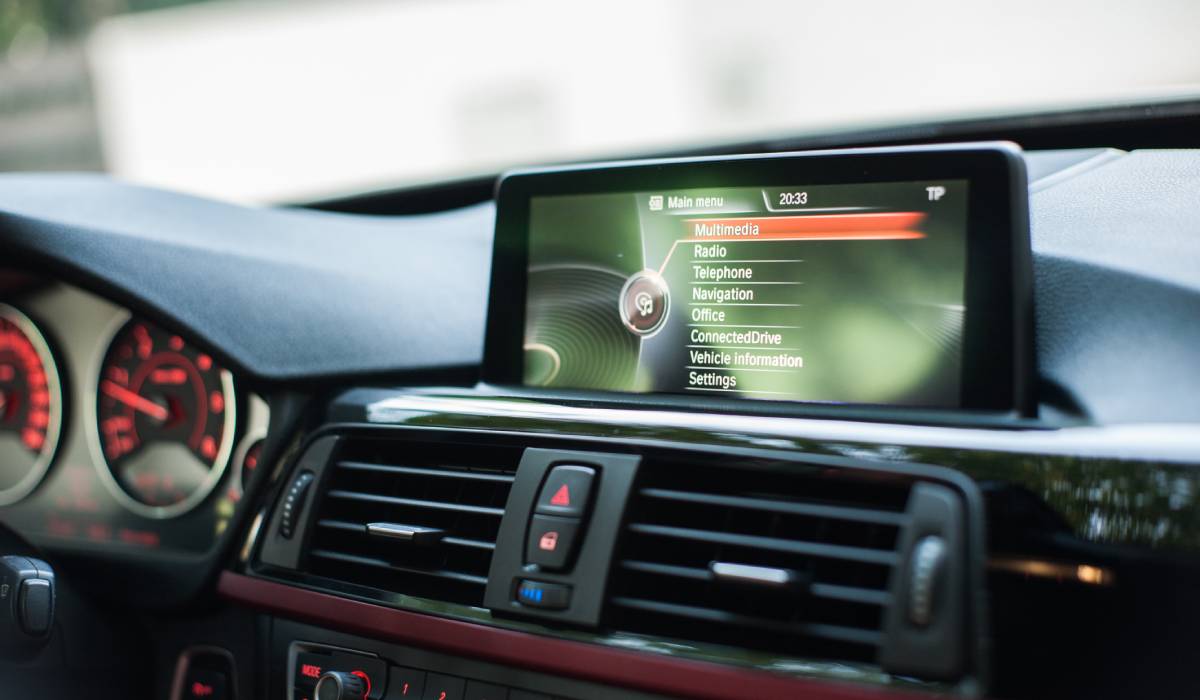Everything To Know About an Infotainment System
- Casey Cartwright
- D.O.C Supplements - Trending News
- Technology
- July 12, 2024

Cars are no longer just a means of transport and have evolved into mobile entertainment and information hubs. At the heart of this transformation is the infotainment system. This article will uncover everything you need to know about infotainment systems, their features, benefits, and future trends car owners can expect to experience when they pull off the lot.
Infotainment systems have revolutionized the driving experience. Gone are the days when a simple radio and CD player sufficed. These modern systems integrate entertainment, navigation, and connectivity, making them indispensable for tech-savvy consumers and car enthusiasts.
An infotainment system combines the words “information” and “entertainment.” It’s a central interface in your vehicle that provides multimedia entertainment, navigation, and communication services. Components of an infotainment system typically include a touchscreen display, GPS navigation, audio and video playback, Bluetooth and USB connectivity, and smartphone integration. Central to these systems is their ability to connect and control other car functions that enhance the overall driving experience.
Infotainment systems offer a plethora of features. Navigation is a key component and provides real-time traffic updates and turn-by-turn directions. Entertainment options include music streaming, video playback, and internet browsing. Connectivity features allow for hands-free calls, text messaging, and access to your smartphone’s apps. These features enhance safety by reducing the need to use multiple devices while driving. Convenience is another advantage, as these systems centralize control of various functions and make it easier to manage everything from the driver’s seat.
For an infotainment system to function seamlessly, various areas of your car need electrical connectors—these connectors power and link components such as the display screen, GPS unit, and audio system. Electrical connectors also ensure reliable communication between the infotainment system and other car systems like climate control and driver assistance features. The integration and smooth operation of your infotainment system might be compromised without these connectors.
Selecting the right infotainment system depends on several factors, including the car’s stock system. Compatibility with your car is crucial, as not all systems work with every vehicle. Consider the cost, as prices vary widely based on features and brand reputation. Personal preferences also play a role; some drivers may prioritize navigation accuracy, while others may focus on audio quality or smartphone integration. It’s essential to evaluate your needs and choose a system that best meets them.
The future of infotainment systems looks promising, with continuous advancements in technology. Touchless interfaces, augmented reality displays, and AI-driven personalization are a few trends to watch. These innovations aim to make driving safer and more enjoyable by providing intuitive and immersive experiences. With the rise of connected cars, infotainment systems will play an even more significant role in integrating various aspects of daily life into the driving experience.
Infotainment systems have become a crucial component of modern vehicles and offer a blend of information, entertainment, and connectivity. These systems enhance safety, convenience, and the overall driving experience. By understanding everything you need to know about infotainment systems, from their features to their trends, you can make an informed decision when selecting the right system for your car. Don’t miss out on the opportunity to transform your driving experience with a state-of-the-art infotainment system. Consider spending time researching which car system will serve you best.








